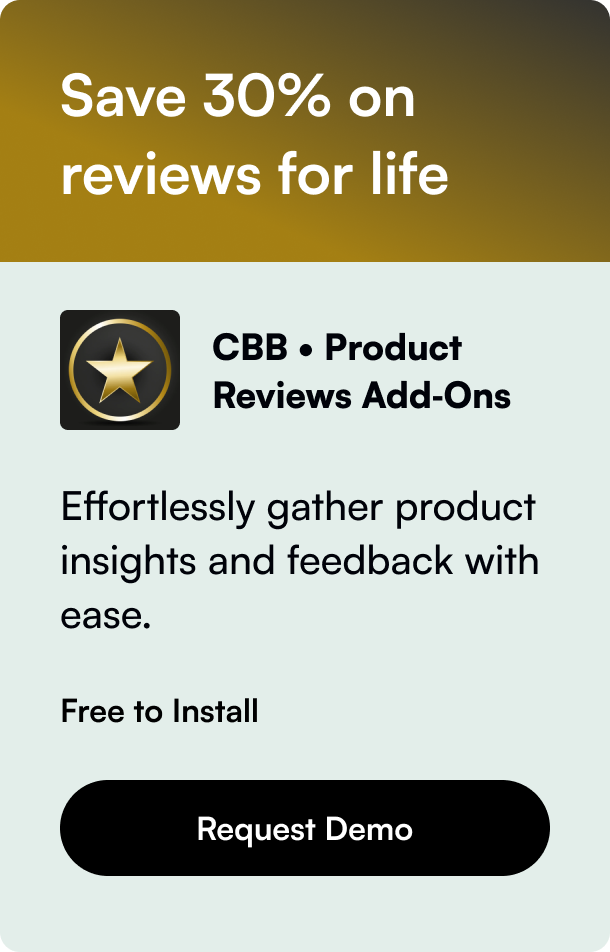Table of Contents
- Introduction
- Etsy: The Artisans' Haven
- Amazon: The Ecommerce Titan
- Shopify: The Empowering Platform
- Choosing Your Platform
- Conclusion
Introduction
The online marketplace is vast, offering an array of platforms for sellers to connect with potential buyers. Among the most prominent eCommerce platforms are Etsy, Amazon, and Shopify, each with its unique features and benefits. Whether you're a handmade artisan, a drop shipper, or a brand looking to expand online presence, choosing the right platform can significantly impact your business's success. In this comprehensive blog post, we'll delve into the nitty-gritty of these platforms, helping you understand the pros and cons to make the best choice that aligns with your business goals.
Etsy: The Artisans' Haven
Etsy is known for its focus on unique, handcrafted, and vintage items. It offers a specialized marketplace catering to those seeking products with a personal touch. Setting up a shop on Etsy is relatively straightforward, attracting many small-scale creators looking to reach a global audience.
Pros for Etsy Sellers:
- Built-In Audience: Etsy has a vast community actively searching for handmade and vintage items.
- Supportive Seller Community: The platform provides a supportive environment, including forums and teams where sellers can exchange tips and advice.
- Ease of Use: Easy set-up process without the need for technical website development skills.
Cons for Etsy Sellers:
- Limited Customization: Sellers have limited abilities to brand their storefronts.
- Competition: It can be challenging to stand out in a sea of similar products.
- Fees: Listing and transaction fees may add up, affecting profit margins.
Amazon: The Ecommerce Titan
Amazon needs no introduction. As one of the largest global online marketplaces, it offers immense reach and potential for sellers. With options like Fulfillment by Amazon (FBA), sellers can leverage Amazon's logistical prowess.
Pros for Amazon Sellers:
- Massive Reach: Access to millions of shoppers worldwide.
- Fulfillment Services: FBA can simplify shipping and handling, offering Prime benefits to customers.
- Customer Trust: The Amazon brand instills trust, increasing customer confidence during purchases.
Cons for Amazon Sellers:
- Highly Competitive: Standing out can be difficult without significant advertising spend.
- Complex Fee Structure: Multiple fees can complicate profitability.
- Stringent Policies: Sellers must adhere to strict guidelines, which can lead to listing or account suspensions.
Shopify: The Empowering Platform
Shopify provides a comprehensive eCommerce solution, allowing sellers to create their branded online stores. It's all about control and customization, offering numerous themes, apps, and integrations.
Pros for Shopify Users:
- Full Customization: Build and brand your store to your exact specifications.
- Powerful Tools: Shopify offers robust tools for marketing, SEO, and analytics.
- Ownership: Store owners retain full control over their data and customer relationships.
Cons for Shopify Users:
- Responsibility for Traffic: Sellers must drive their own traffic to their site with marketing efforts.
- Monthly Costs: Shopify plans come with recurring monthly fees irrespective of sales.
- Learning Curve: Understanding and utilizing all Shopify's features may require a time investment.
Choosing Your Platform
When deciding between Etsy, Amazon, or Shopify:
- Assess Your Product Type: Match your products with the platform's audience. Handcrafts? Etsy. Wide market appeal? Amazon. Unique branded line? Shopify.
- Consider Your Technical Skills: Etsy is the most user-friendly for beginners, while Shopify requires more tech savviness.
- Evaluate Marketing Capabilities: If you can drive traffic yourself, Shopify might be a better choice; otherwise, Amazon and Etsy's built-in audiences may be more beneficial.
- Business Scale and Goals: For expansion and brand building, Shopify offers greater flexibility. Amazon is optimal for reaching a massive audience quickly, while Etsy's niche market is ideal for creatives seeking a community-oriented platform.
Conclusion
Determining whether to invest time and resources in Etsy, Amazon, or Shopify depends on your unique business needs, the types of products you sell, and how much control and responsibility you seek over your online presence. Etsy draws the craft and vintage audience, Amazon commands massive traffic and sophisticated fulfillment, and Shopify empowers with customization and ownership.
Engagement Tip: Reflect on your long-term business vision and select a platform that not only meets your current needs but also aligns with your growth trajectory.
FOREACH PLATFORM, BE PREPARED TO PIVOT AND ADAPT AS YOUR BUSINESS EVOLVES, HIGHLIGHTING THE IMPORTANCE OF RESEARCH, CUSTOMER ENGAGEMENT, AND MARKETING STRATEGIES.
To excel in any of these platforms, continuously hone your SEO, marketing, and customer service skills. The eCommerce world is dynamic – stay agile, stay informed, and stay connected with your audience.
Good luck on your eCommerce journey, whether it be through the handmade corridors of Etsy, the juggernaut paths of Amazon, or the bespoke avenues of Shopify.







